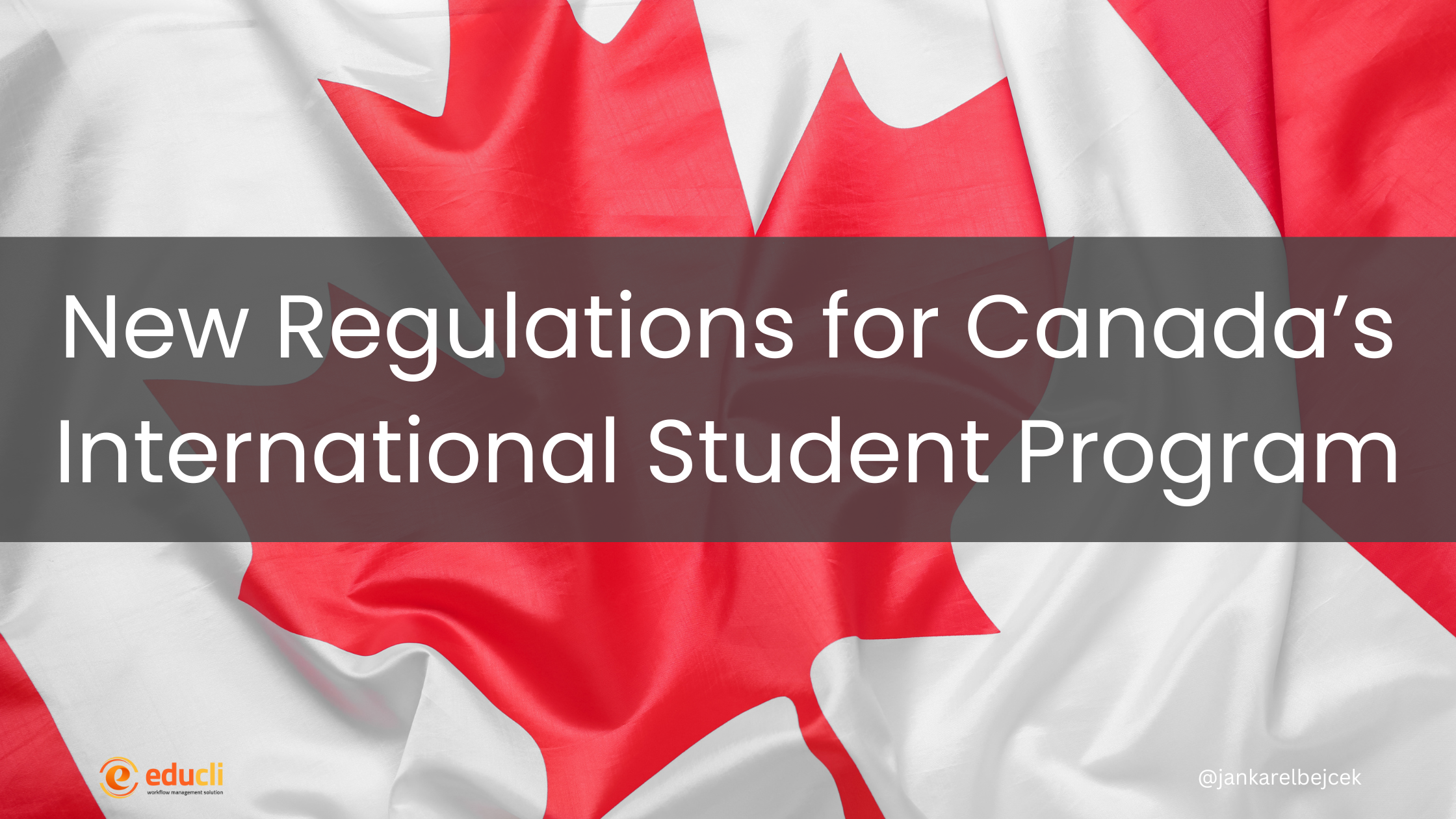Canada’s has solidified its position as a top destination for international students. However, the Government of Canada, is continuously introducing significant regulatory changes to its international education programs.
Over the past year, Immigration, Refugees and Citizenship Canada (IRCC) has implemented measures to reduce the number of international students and permanent residents to Canada as outlined in the 2025–2027 Immigration Levels Plan.
Key Changes to the Program
The Minister of Immigration, Refugees and Citizenship, has announced new regulations now in effect:
- Off-Campus Work Limit Adjustment
International students can now work up to 24 hours per week off campus during academic sessions, an increase from the previous cap. This aims to provide students with greater flexibility while ensuring education remains their primary focus. - Requirement to Apply for a New Study Permit Before Changing Institutions
Students must secure approval for a new study permit if they wish to transfer to a different Designated Learning Institution (DLI). This step reinforces the program’s integrity by ensuring proper oversight of student transitions. - Enhanced Compliance Obligations for Designated Learning Institutions (DLIs)
DLIs are now required to submit regular compliance reports to IRCC, confirming the enrollment status of international students. Institutions failing to comply with reporting or acceptance letter verification requirements may face penalties, including suspension from admitting new international students for up to a year.
Strengthening Oversight and Protecting Students
Since 2015, IRCC has collaborated with DLIs to bolster compliance reporting. With these latest changes, Canada aims to enhance oversight, reduce misuse of the system, and protect students’ academic and financial well-being.
Minister’s Statement
“By fixing the off-campus work limit to 24 hours per week, we’re striking the right balance between providing work opportunities and helping students stay focused on their education. We also expect institutions to support our efforts to preserve the integrity of the International Student Program. International students should have a positive, successful experience in Canada, and the important changes made today will help with that,” said the Minister.
Quick Facts
- Work Eligibility: To work off campus without a permit, students must be enrolled full-time in a program lasting at least six months and leading to a degree, diploma, or certificate.
- Work Hours During Breaks: Students can work full-time during academic breaks, such as summer and winter holidays.
- Compliance Reporting: Twice annually, DLIs must report to IRCC on the enrollment status of study permit holders. Non-compliance by students may lead to enforcement actions.
- Quebec Exceptions: Quebec DLIs currently have a grace period to implement compliance reporting systems in collaboration with IRCC.
- Letter of Acceptance (LOA) Verification: Since December 2023, IRCC has verified nearly 492,000 LOAs and flagged over 17,000 as invalid or canceled by DLIs.
Conclusion
These measures are designed to maintain the quality and integrity of Canada’s International Student Program while ensuring students have a safe and rewarding experience. The changes reflect Canada’s ongoing changes to its international education programs.
Educli offers a powerful Compliance Reporting tool to help Canadian education providers meet IRCC’s reporting requirements and track student compliance effectively. Streamline reporting, ensure program integrity, and support your students with ease.
Contact us to learn more.
#InternationalStudents #StudyInCanada #StudyPermit #WorkAndStudy #ImmigrationNews #IRCCUpdates #StudyAbroad #educli





Leave A Comment